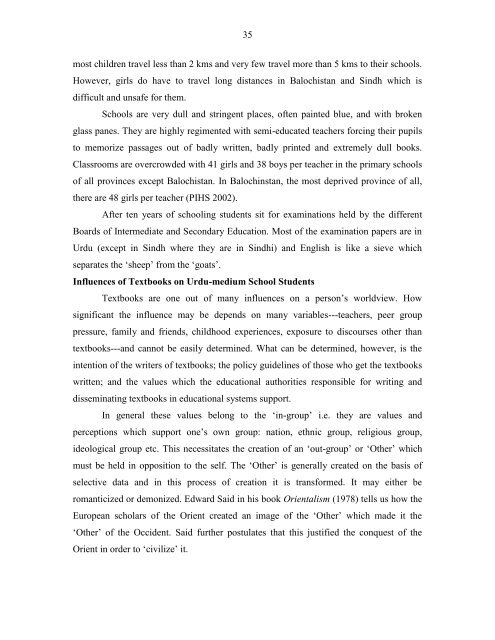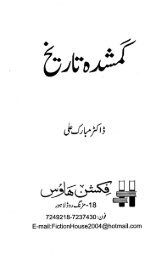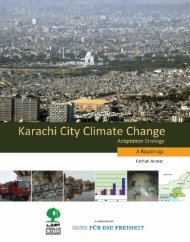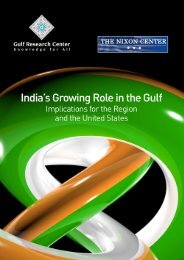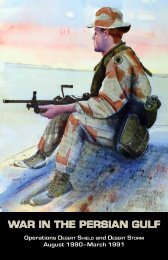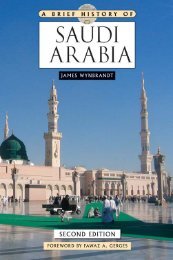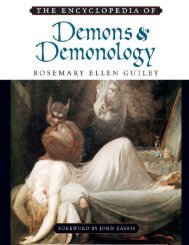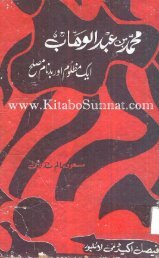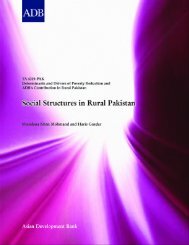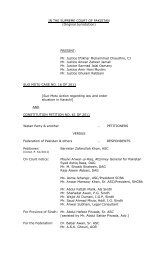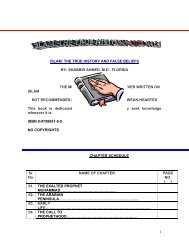DENIZENS OF ALIEN WORLDS
danizen1
danizen1
- No tags were found...
Create successful ePaper yourself
Turn your PDF publications into a flip-book with our unique Google optimized e-Paper software.
35<br />
most children travel less than 2 kms and very few travel more than 5 kms to their schools.<br />
However, girls do have to travel long distances in Balochistan and Sindh which is<br />
difficult and unsafe for them.<br />
Schools are very dull and stringent places, often painted blue, and with broken<br />
glass panes. They are highly regimented with semi-educated teachers forcing their pupils<br />
to memorize passages out of badly written, badly printed and extremely dull books.<br />
Classrooms are overcrowded with 41 girls and 38 boys per teacher in the primary schools<br />
of all provinces except Balochistan. In Balochinstan, the most deprived province of all,<br />
there are 48 girls per teacher (PIHS 2002).<br />
After ten years of schooling students sit for examinations held by the different<br />
Boards of Intermediate and Secondary Education. Most of the examination papers are in<br />
Urdu (except in Sindh where they are in Sindhi) and English is like a sieve which<br />
separates the ‗sheep‘ from the ‗goats‘.<br />
Influences of Textbooks on Urdu-medium School Students<br />
Textbooks are one out of many influences on a person‘s worldview. How<br />
significant the influence may be depends on many variables---teachers, peer group<br />
pressure, family and friends, childhood experiences, exposure to discourses other than<br />
textbooks---and cannot be easily determined. What can be determined, however, is the<br />
intention of the writers of textbooks; the policy guidelines of those who get the textbooks<br />
written; and the values which the educational authorities responsible for writing and<br />
disseminating textbooks in educational systems support.<br />
In general these values belong to the ‗in-group‘ i.e. they are values and<br />
perceptions which support one‘s own group: nation, ethnic group, religious group,<br />
ideological group etc. This necessitates the creation of an ‗out-group‘ or ‗Other‘ which<br />
must be held in opposition to the self. The ‗Other‘ is generally created on the basis of<br />
selective data and in this process of creation it is transformed. It may either be<br />
romanticized or demonized. Edward Said in his book Orientalism (1978) tells us how the<br />
European scholars of the Orient created an image of the ‗Other‘ which made it the<br />
‗Other‘ of the Occident. Said further postulates that this justified the conquest of the<br />
Orient in order to ‗civilize‘ it.


